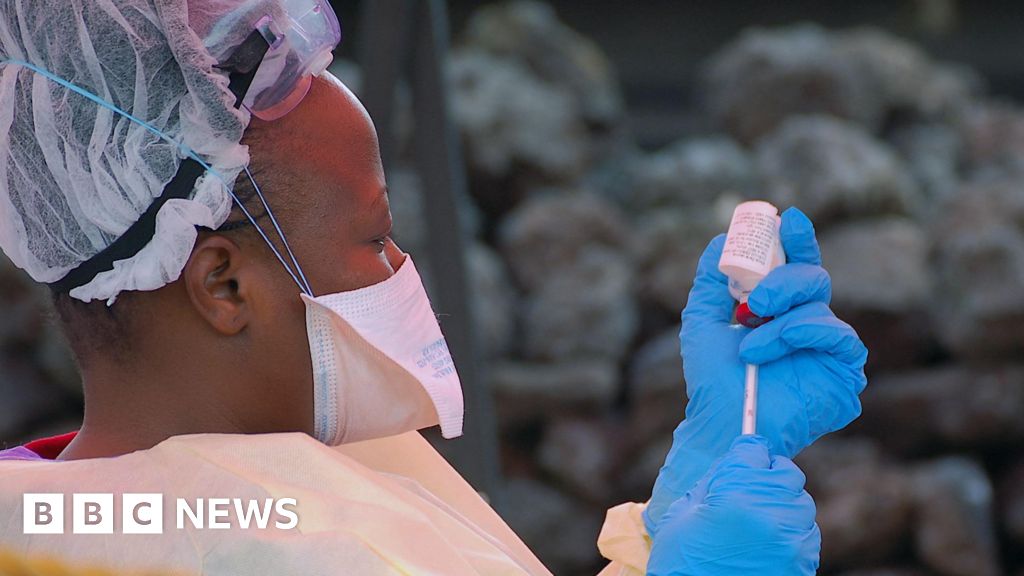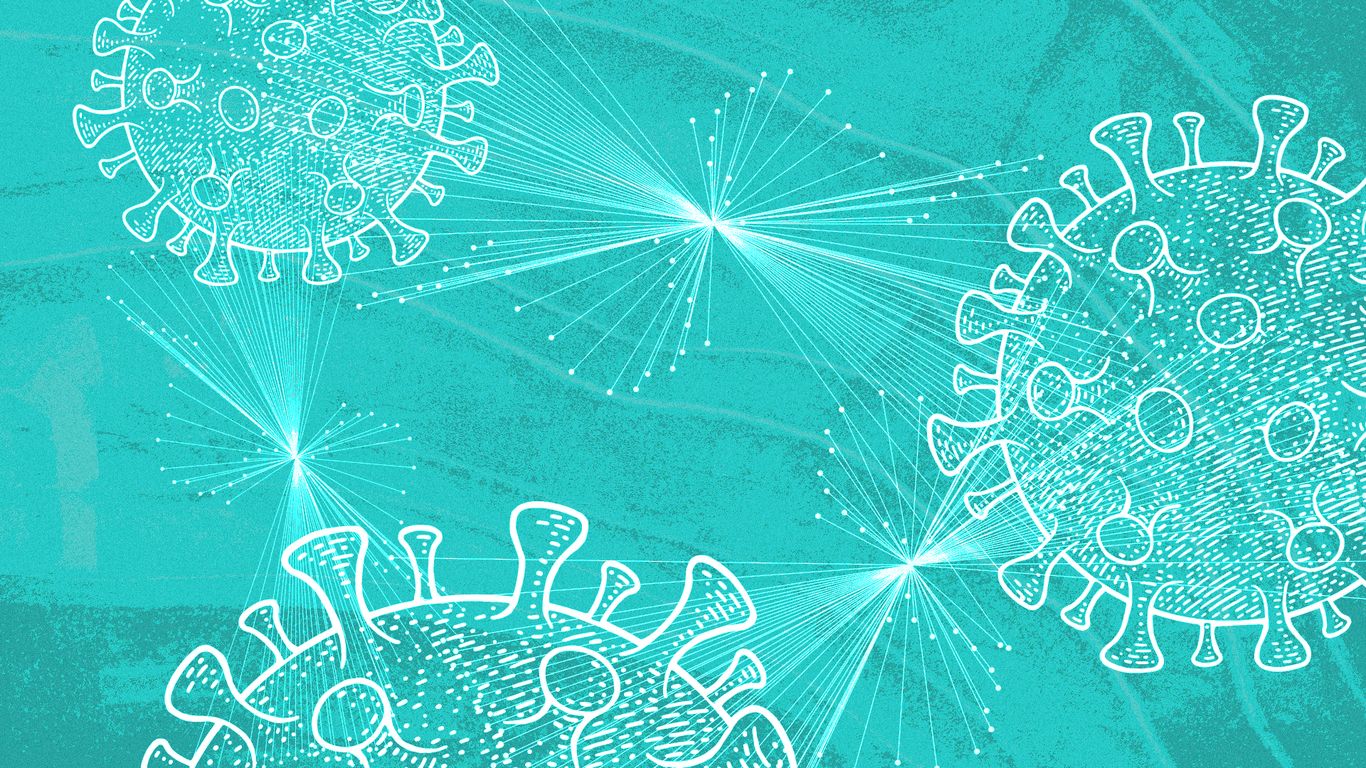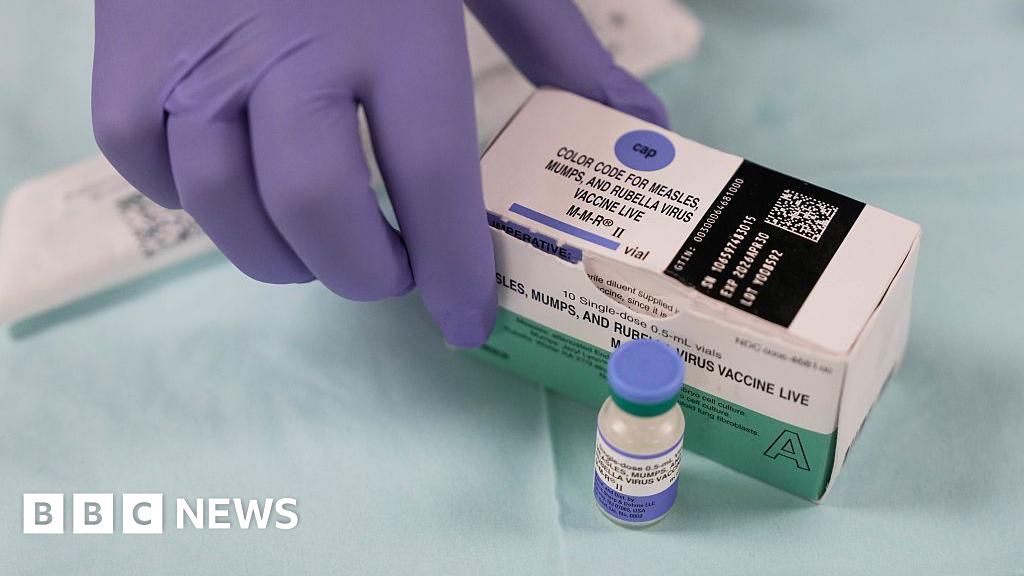Ebola Outbreak in Congo: Urgent Action Needed

Introduction
In a tragic turn of events, a new Ebola outbreak in the Democratic Republic of Congo has resulted in 15 deaths. This is the country's 16th recorded outbreak of the deadly disease, causing widespread concern among health officials. With at least 28 suspected cases, the situation is dire and requires immediate action to prevent further casualties.
Key Details
The outbreak was first reported in the Équateur province, located in the central region of the country. This area has a history of Ebola outbreaks, with the first recorded case dating back to 1976. The virus is highly contagious and can spread rapidly, making it a significant public health threat. The World Health Organization has deployed a team to assist local health workers in containing the outbreak and treating those affected.
Impact
The outbreak has already had a devastating impact on families and communities in the region. The fear of the disease has also caused disruptions in daily life, as people are advised to avoid physical contact and large gatherings. In addition to the loss of lives, the outbreak has also affected the country's economy, with businesses being forced to close and travel restrictions being put in place. It is crucial for the international community to provide support and resources to help contain and eradicate the outbreak before it spreads any further.
About the Organizations Mentioned
World Health Organization
The World Health Organization (WHO) is a specialized agency of the United Nations, established in 1948, with a mandate to promote global health, coordinate international responses to public health threats, and set standards for health policies and interventions[2]. Headquartered in Geneva, Switzerland, WHO operates in over 150 countries, working with governments, NGOs, and other partners to advance health equity, strengthen health systems, and respond to health emergencies. ## What WHO Does WHO’s core activities include monitoring global health trends, setting international health standards, providing technical assistance to countries, and serving as a forum for scientific and policy discussions on health issues[2]. The organization publishes influential reports such as the annual **World Health Statistics**, which tracks progress toward Sustainable Development Goals (SDGs) and provides a global “health report card”[1][8]. WHO also maintains the Model List of Essential Medicines, guiding countries on which drugs are most critical for public health[7]. In addition, WHO leads global campaigns on issues ranging from infectious disease eradication to noncommunicable diseases (NCDs), maternal and child health, and health emergencies[2][6]. ## History and Key Achievements WHO’s history is marked by landmark achievements, including the eradication of smallpox, near-eradication of polio, and the development of an Ebola vaccine[2]. The organization played a pivotal role in responding to the COVID-19 pandemic, coordinating global research, vaccine distribution, and public health guidance. In May 2025, WHO member states adopted the world’s first **Pandemic Agreement**, a historic step to improve international coordination and equity in future health crises[4]. WHO also spearheads initiatives like the Triple Billion Targets (healthier lives, universal health coverage, and protection from health emergencies) and technical policy packages targeting tobacco, alcohol, salt, and trans fat reduction[1][2]. ## Current Status and Notable Aspects WHO is currently implementing its **Fou


















